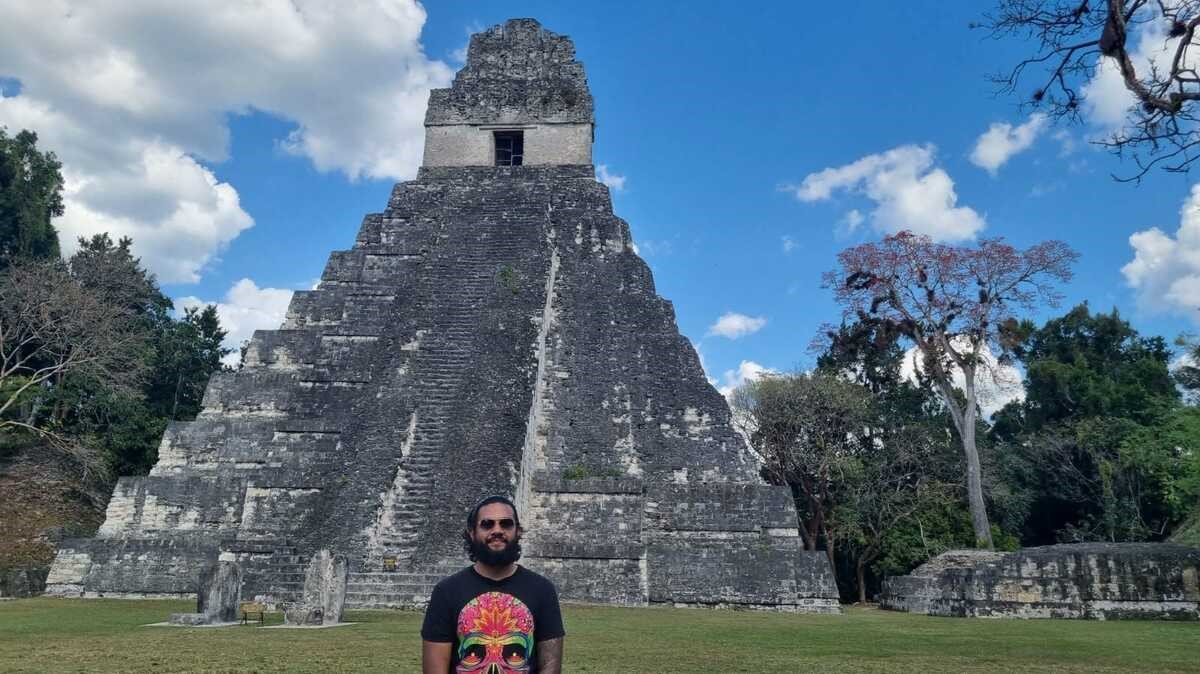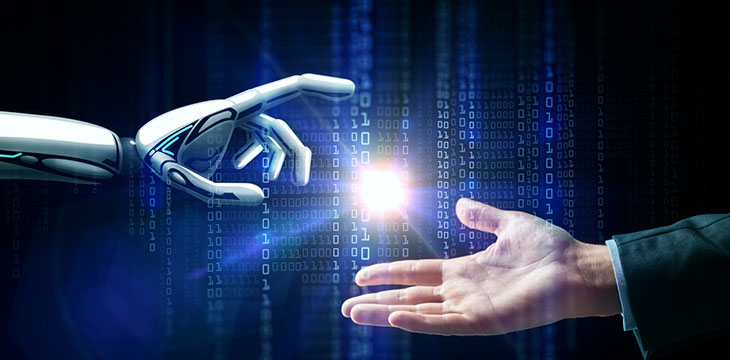|
Getting your Trinity Audio player ready...
|
This is an excerpt of “Dreams, intuition, and the age of AI” thought piece that is first published on The Digital Wayfinder, the newsletter by George Siosi Samuels tackling topics from Web3 to Notion AI and ancient history.
Last week, we discussed lessons from history in relation to the Silicon Valley Bank debacle. This week, we look at how dreams and intuition may be an answer to AI threats.
Rapid advancements in Artificial Intelligence (AI) have been nothing short of mind-blowing. From self-driving cars to AI-powered medical diagnoses via ChatGPT, these technologies are revolutionizing how we live, work, and think. But what if I told you there’s something even more powerful that’s been inside us all along—our dreams and intuition?
As the result of a recent trip to Guatemala, where I learned about its Mayan roots and its plethora of local indigenous languages—from the K’iche’ to Garífuna and Xinca—I realized there was something AI could not (yet) tap into without using brute force computing power, based only on publicly available Internet, or provided to it manually: the “universal super consciousness.”

Some call this type of consciousness the “quantum mind,” others refer to it as the “Akashic Records” (Indian/Sanskrit) or the “Naacal Records” (Mayan; disputed)—the sum total of human experience that is tapped into via ‘alternative’ means.
In the blog post that I published on Medium, this time due to its lengthy nature—we’ll explore how dreams can offer unique insights, creativity, and problem-solving abilities that may complement AI’s analytical capabilities and how we can harness this synergy for the future.
We’ll also dive into the importance of a single scalable blockchain—since it’s an area I’m involved in—keeping AI honest, affordable, and under control.
My prediction is that as AI makes it increasingly difficult to determine what’s true or not online—from deep fakes to voice synthesizers—strong [human] intuition will add an important defense tool against AI-generated realities. And dreams are a perfect way of refining your intuition, which will also help complement our use of AI since it doesn’t have to be all gloom and doom. Such skill-building will improve both our personal and professional lives.
Read the full piece and subscribe to The Digital Wayfinder newsletter by George Siosi Samuels here.
In order for artificial intelligence (AI) to work right within the law and thrive in the face of growing challenges, it needs to integrate an enterprise blockchain system that ensures data input quality and ownership—allowing it to keep data safe while also guaranteeing the immutability of data. Check out CoinGeek’s coverage on this emerging tech to learn more why Enterprise blockchain will be the backbone of AI.
Watch: Metaverse, NFTs & Blockchain

 02-26-2026
02-26-2026 




